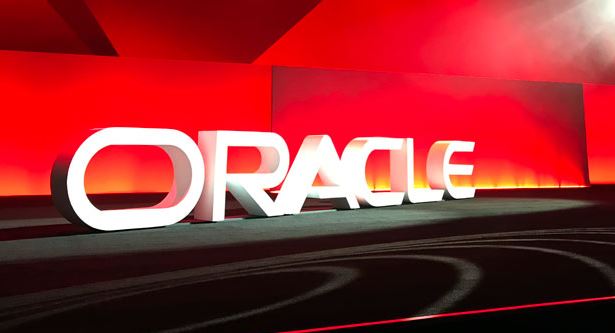The Donald Trump administration’s stance on TikTok and its questionable data collection practices have generated mixed criticism, although not all opinions go in the same direction. Recently, the editor of a Chinese newspaper funded by the Communist Party assured that this position could be beneficial for China, as little is actually being done to prevent this app from collecting large amounts of information.
The editor of the article refers to the agreement recently reached by which TikTok and its backend server will no longer be part of the Chinese company ByteDance to form a new company called TikTok Global. However, ByteDance will have 80% ownership of the new firm, while the American company Oracle will own the remaining 20%, in addition to being in charge of the app backend.

As mentioned above, this measure does not prevent the app’s severe data collection practices, which are “accepted” by users in terms of service. In other words, the Chinese government can still access sensitive data (location, keystroke patterns, among others) through third parties, or through ByteDance.
Much of ByteDance’s revenue comes from the sale of data, something that many users in the West ignore to date. The worst part is that it is very unclear how ByteDance operates the personal data of its users, because not even those interested in reviewing the terms of use are clear about the data usage policy in this company.
Any application from China could be subject to similar measures, although there appears to be a special focus on TikTok. A few weeks ago, DefenseOne reported that Mark Zuckerberg tried to pressure the U.S. government to take strict action against TikTok, which has become a serious competitor for Facebook and Instagram.
For some members of the computer security community, this agreement could also drive authoritarian control by the U.S. government similar to that of other governments that do not allow applications to store information from their users outside their territorial boundaries, which also has to do with facilitating access to information for local authorities.
Finally, until the agreement is finally reached, TikTok will remain locked in the U.S., which could prompt users to look for other ways to download it, creating more security issues than they are supposed to solve. It is for these, and more complex, reasons why experts believe that these measures actually focus not on user protection, but on tighter control of the resources available to U.S. authorities and their allied companies.

He is a well-known expert in mobile security and malware analysis. He studied Computer Science at NYU and started working as a cyber security analyst in 2003. He is actively working as an anti-malware expert. He also worked for security companies like Kaspersky Lab. His everyday job includes researching about new malware and cyber security incidents. Also he has deep level of knowledge in mobile security and mobile vulnerabilities.











